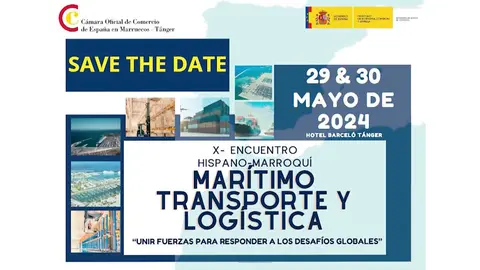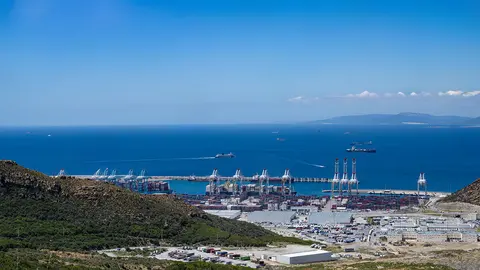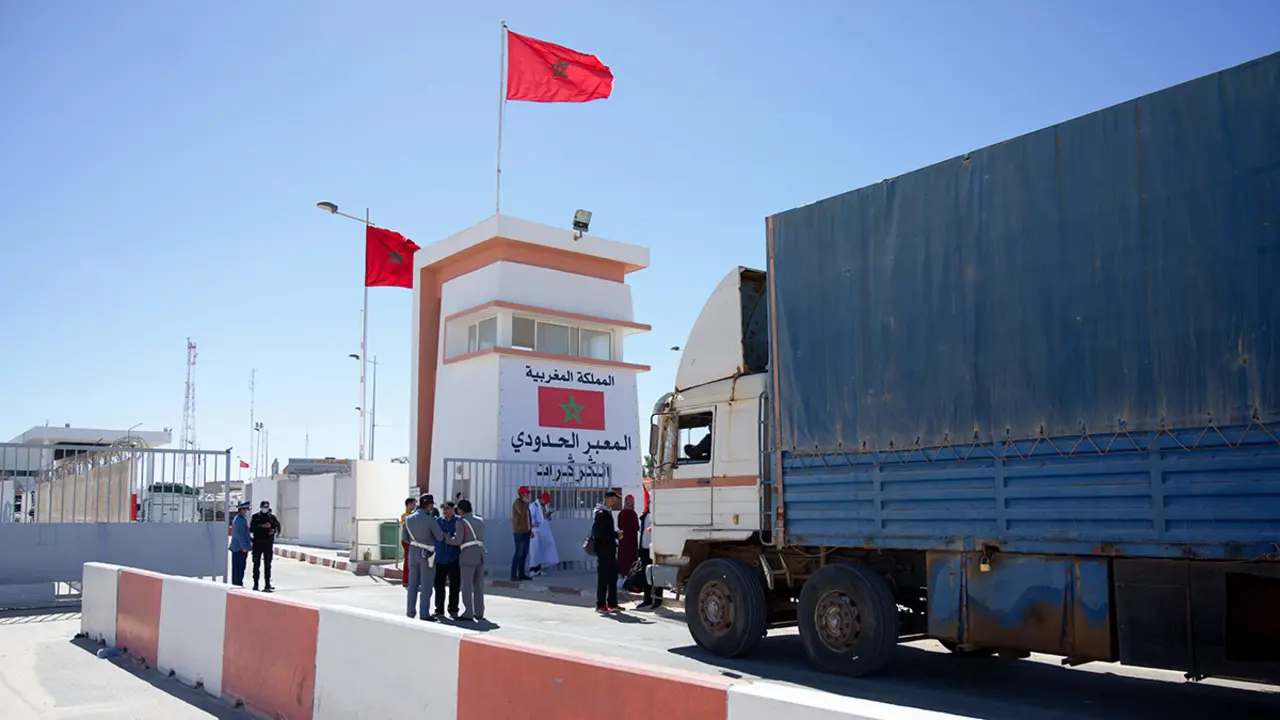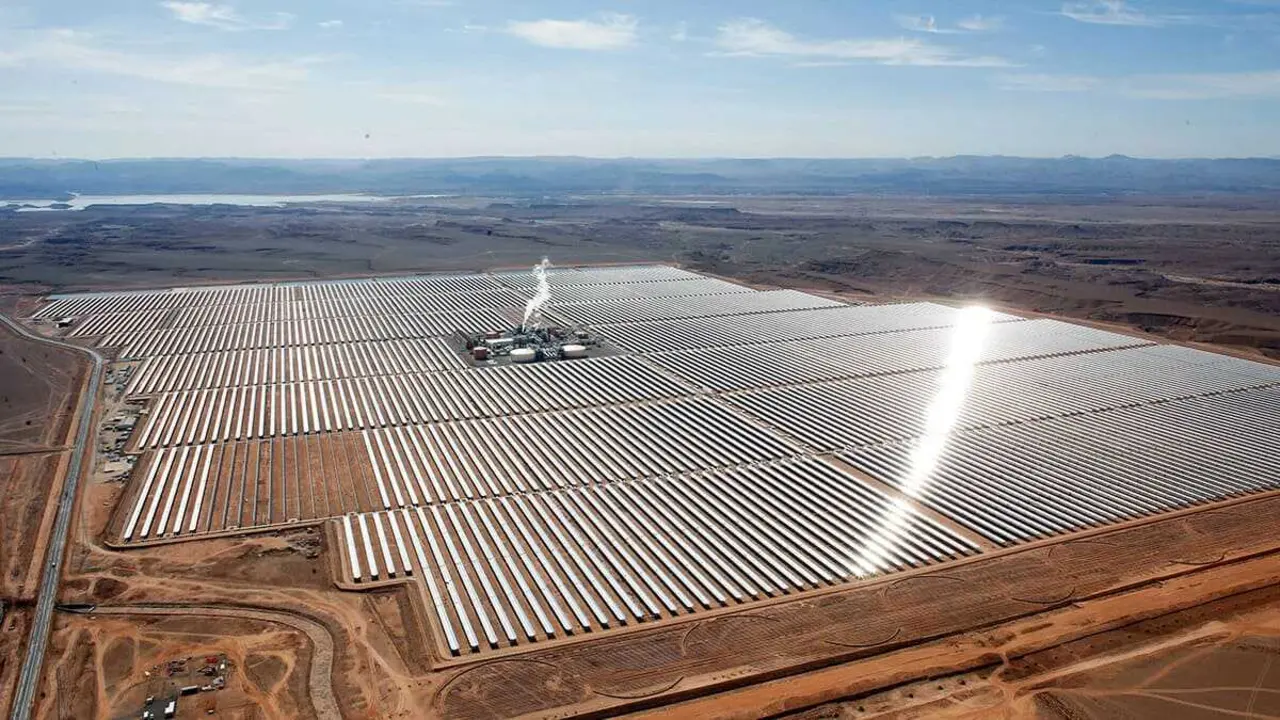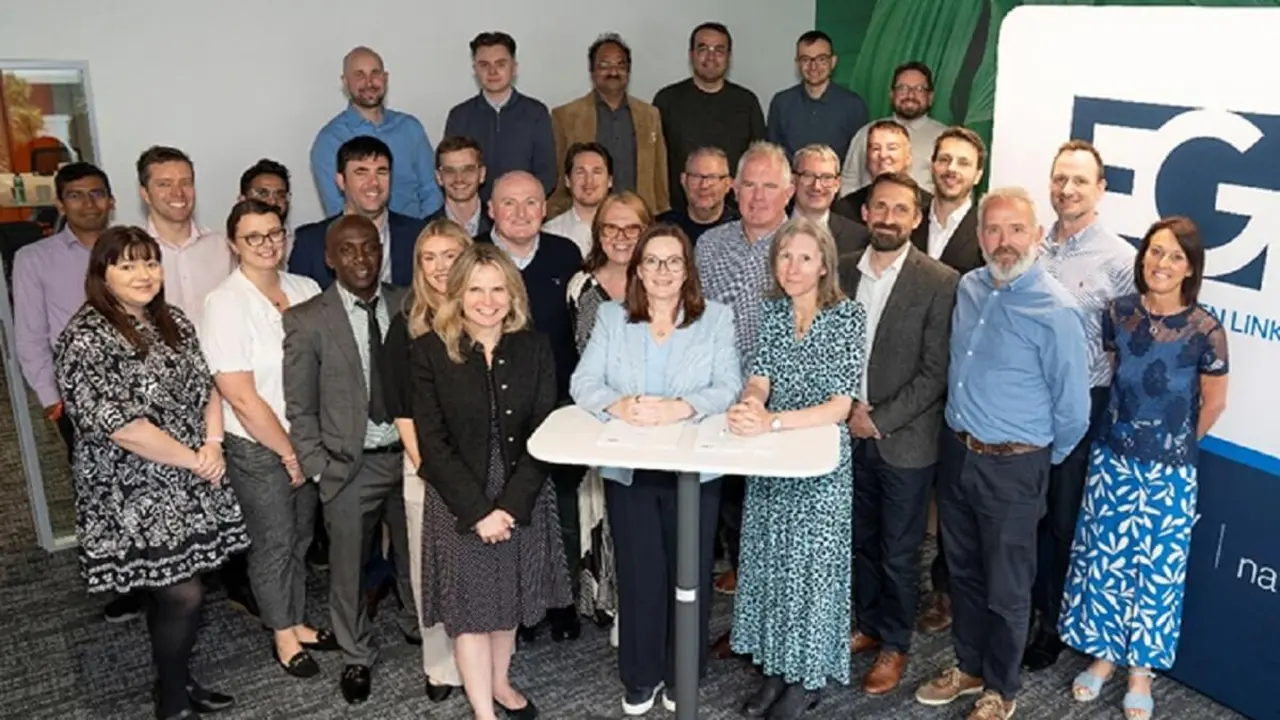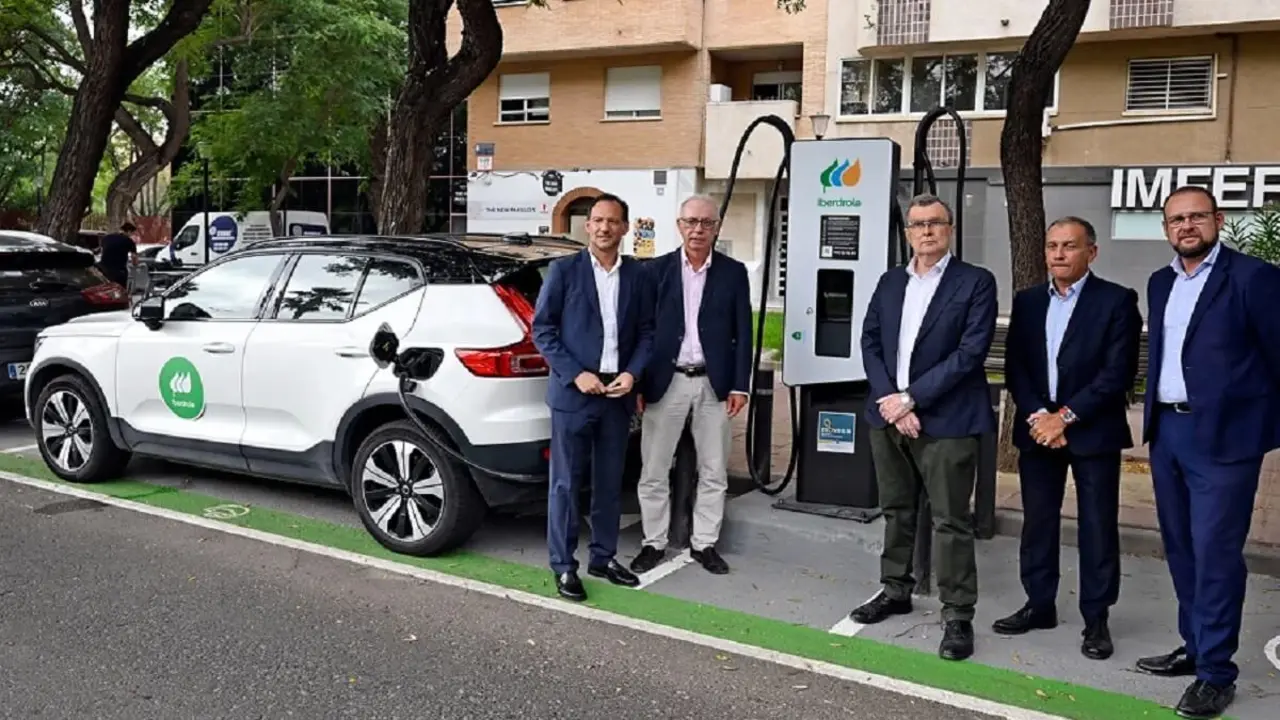The Spanish Chamber of Commerce in Tangier encourages debate on maritime transport between Spain and Morocco
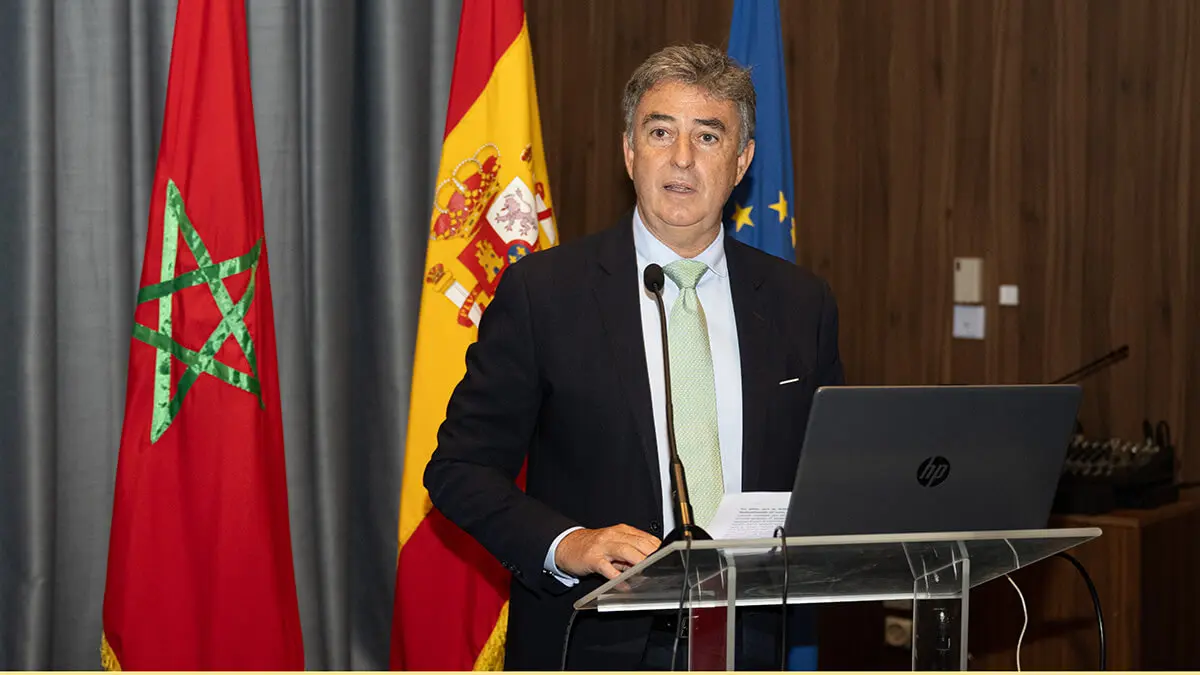
In charge of welcoming the attendees was the President of the Spanish Chamber of Commerce in Morocco, José Estévez Martínez, who pointed out that ‘today we are meeting to strengthen the ties between Spain and Morocco, in a crucial sector such as logistics and transport. This meeting is a unique opportunity to establish new alliances in a sector that is vital for the economic development of the nation, allowing to increase the efficiency of the supply chain and promoting sustainable development and innovation’.
Estévez explained that the objective of the Chamber of Commerce is to create a space for companies from both countries to collaborate: ‘I encourage them to participate in the discussions and take the opportunity to establish lasting relationships’.
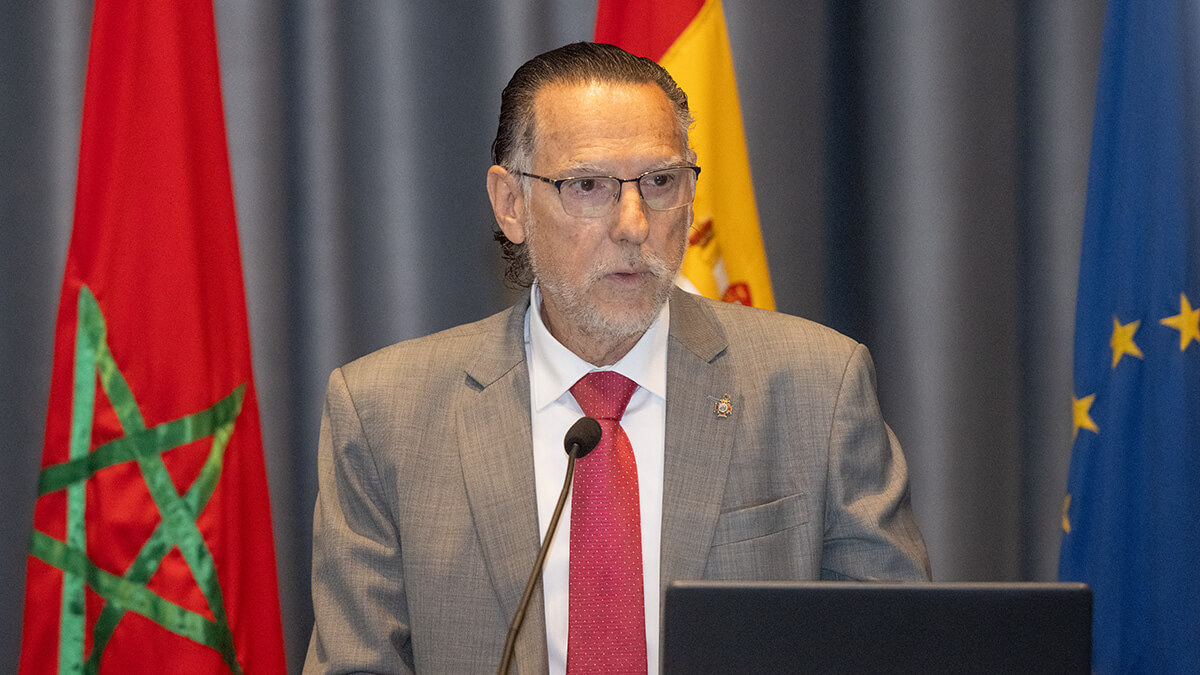
Consul General of Spain in Tangier
The official inauguration was led by the Consul General of Spain in Tangier, Juan Carlos Gafo Acevedo, who highlighted the importance and the need to strengthen exchanges and relations between Spain and Morocco in the maritime sector and in the transport and logistics sector.
Gafo stressed that ‘this meeting could not be more timely, both in terms of space and time. Relations between the two countries are at an optimal and decisive moment. And we must bear in mind that the maritime transport sector is crucial in world trade, with a percentage of more than 80%’.
The Consul General described the challenges facing the sector, which are the subject of this meeting: innovation and digitalisation of the sector; cross-border cooperation; and environmental challenges.
For her part, Amal Boussouf, director of the Spanish Chamber of Commerce in Tangier, thanked the participants for their presence and their confidence in this institution for the preparation of their contact agendas, and to all those who have worked for months in the preparation of this meeting: ‘Thanks to the panelists for their valuable collaboration and contribution, and to the sponsors who have accompanied us during these 10 years’.
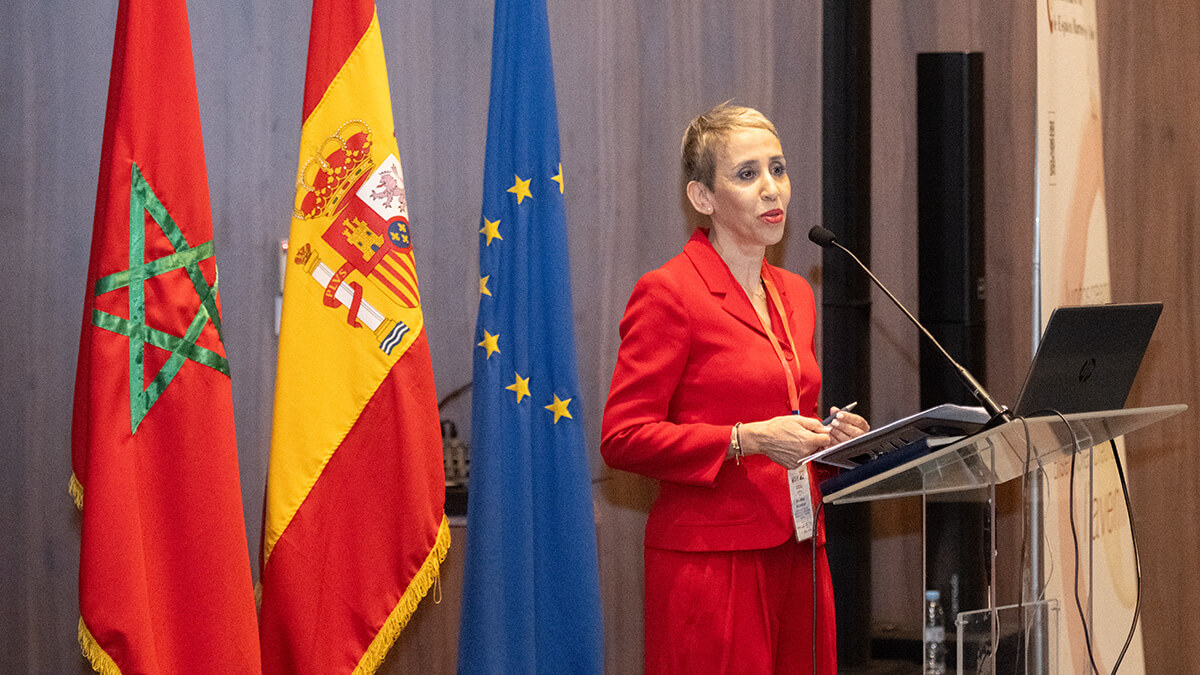
Speeches
After the inauguration, the speakers began their interventions. The first was Sanae El Amrani, Director of Ports and Maritime Public Domain of the Ministry of Equipment and Water. El Amrani pointed out that ‘Spain and Morocco have excellent relations in all fields, and the maritime sector is an example of these relations, the proof of which will be the organisation of the 2030 football World Cup together with Portugal’.
The director explained the Moroccan port strategy and the innovations that have been introduced in the last year, related to the importance of the decarbonisation of maritime transport.
A transport that constitutes a key sector in a country such as Morocco, which has 3,500 kilometres of coastline; 44 ports, soon to be 46; more than 300 million tonnes per year; 11 million containers; and 15 million passengers.
El Amrani spoke of the two ports currently under construction: Nador West Med and Dakhla Atlantic. The Nador West Med port in Nador aims to accelerate the development of the eastern zone and to consolidate Morocco's position as a hub for the transport of containers, gas and new fuels such as hydrogen. The works are at 96%, nearing completion.
And the port of Dakhla Atlantique aims to develop the region, supporting productive sectors such as renewable energies, agriculture and tourism, playing an important role in integrating the southern region of Morocco with the other African countries and with Latin America. The works are at 20% and are expected to be completed by the end of 2028.
Finally, the Director of Ports explained the new green transition plan of the Moroccan ports, based on energy and water efficiency; decarbonisation of maritime transport and port activities; resilience to climate change; protection of the marine environment; and sustainable mobility.
‘Morocco and Spain have a responsibility to unite the two continents, not only in a maritime way, but physically, digitally and humanly’, she concluded.
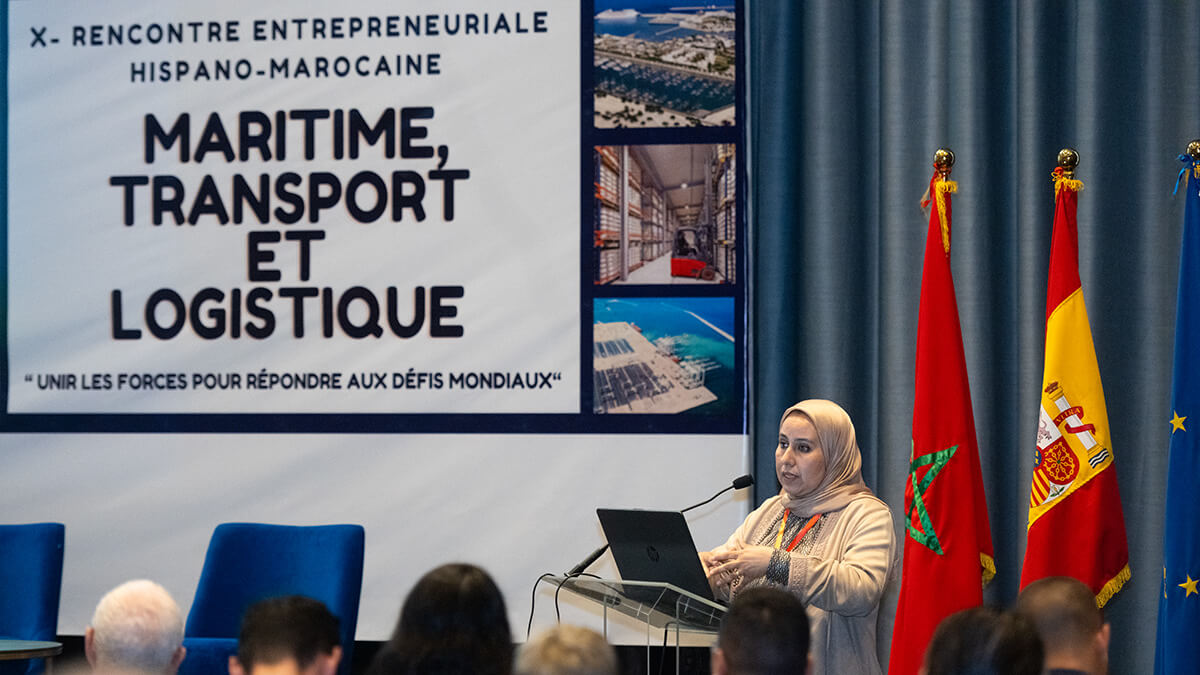
Ministry of Transport
Salma Achnar, head of the multimodality and transport coordination service of the Moroccan Ministry of Transport and Logistics, spoke of the works programmed by the Ministry for 2030, to improve infrastructures and communications in the country, and to increase collaboration between Morocco and Spain.
The head of Transport explained the reforms carried out under the impetus of His Majesty King Mohammed VI since his accession to the throne, both in the air, rail and maritime sectors, and the strategic plan 2022-2026, based on the growing demand for inclusive sustainable mobility and with the aim of promoting sustainable and lasting integrated transport.
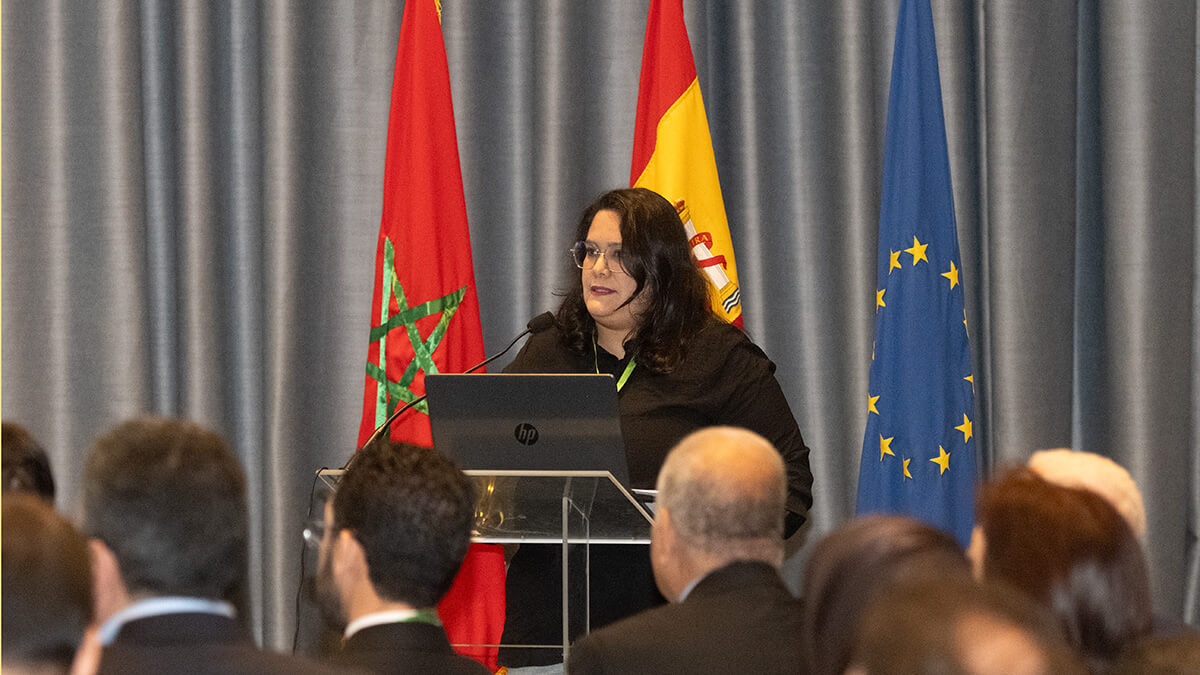
Spanish Embassy
The third intervention was by Javier Fernández Méndez de Andes, Head Counsellor of the Commercial Office of the Spanish Embassy in Morocco: ‘I am going to put the sector's activity in context, talking about the basic characteristics of the Moroccan economy and, above all, its relations with Spain. The strategic nature of Spain and Morocco allows them to generate a lot of business’.
The Minister explained that the current situation of the Moroccan economy is marked by the international geopolitical context, and highlighted the problems affecting the labour market, such as the high rate of informality and the low efficiency of investment, which hinder the economic growth that the country should have.
‘Despite the problems, the country's macroeconomic management is very prudent, which will allow it to overcome problems in terms of public deficit and debt, which have been dragging on since COVID and the war in Ukraine. It also has very positive prospects in infrastructures, with a high Internet penetration rate (the highest in Africa) and expanding ecosystems such as the automotive, textile and agri-food sectors,’ he said.
For the head of the Trade Office, Morocco is more advanced than African countries in terms of demographic transition, with a much smaller base of the population pyramid than in countries such as Egypt, Kenya or Nigeria: ‘It is a strong state, which looks to the future and plans for it with a series of programmes to promote investment and sectoral plans of all kinds’.
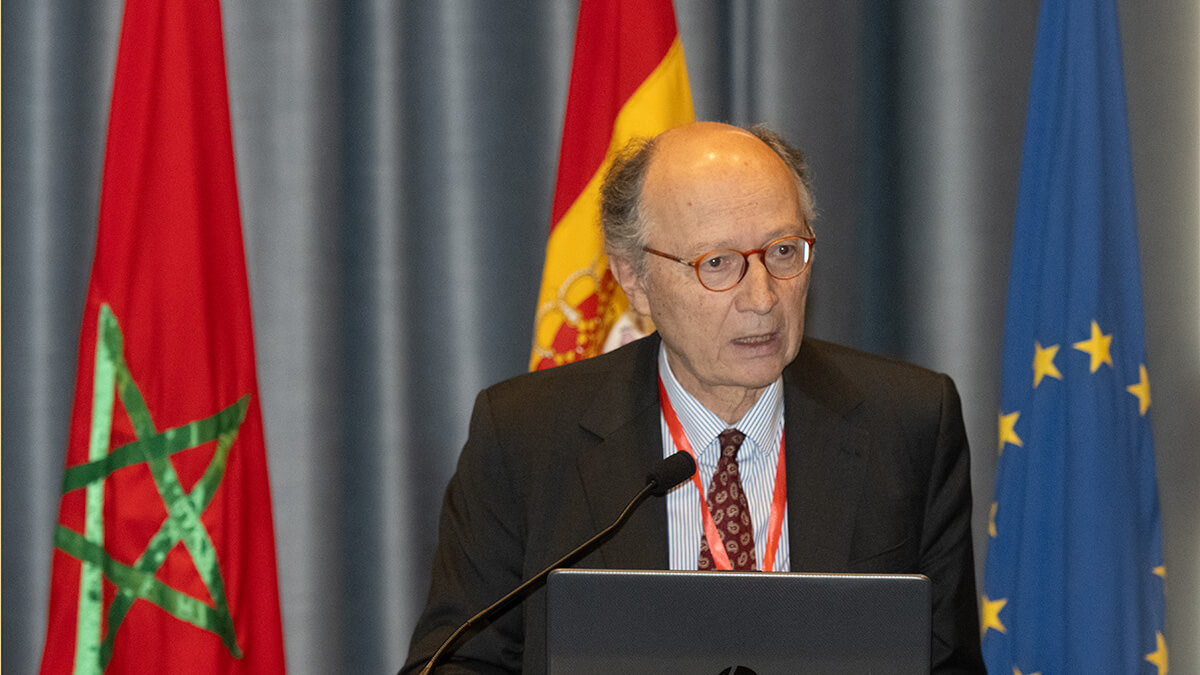
African Transport and Logistics Union
Mustapha Chaoune, President of the African Union of Transport and Logistics Organisations, then spoke, explaining that ‘our Union was created in March 2018 in Marrakech with the participation of 14 founding members. Today we are more than 24 countries, with three headquarters’.
Its objectives are the development of economic partnerships between member countries, the integration of public-private policies, the creation of networks and the coordination of legislation between member countries.

